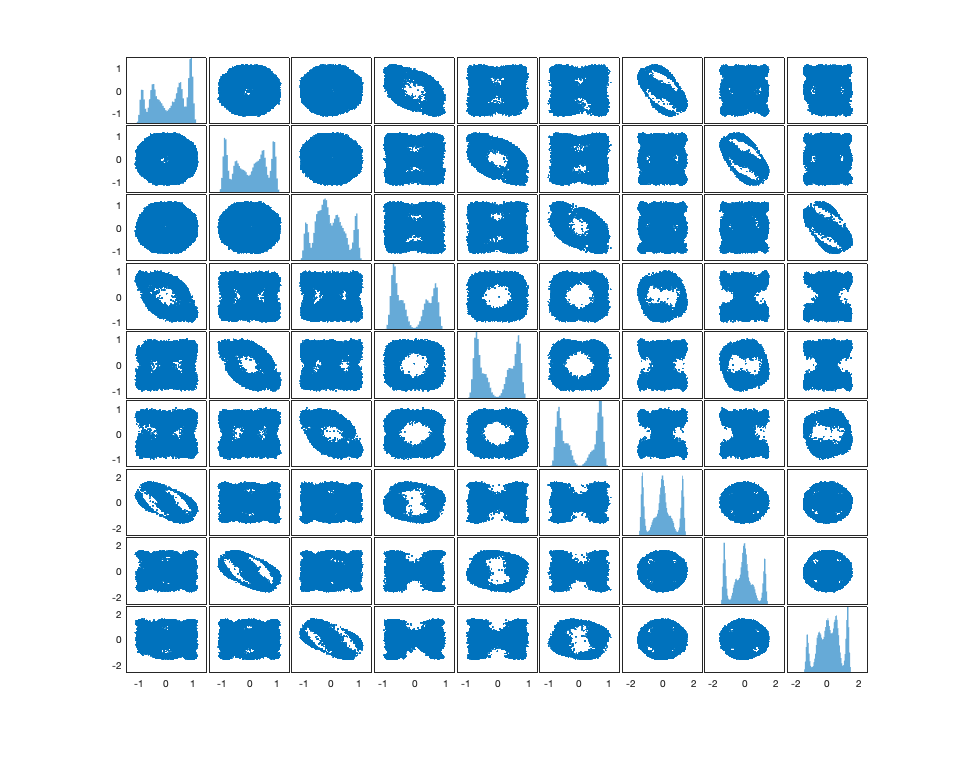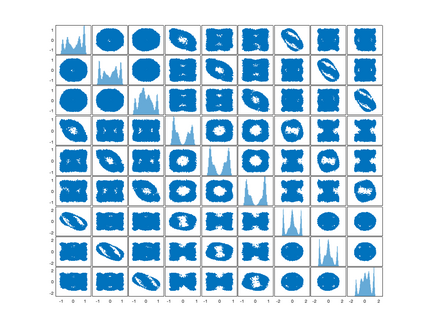We introduce a novel geometry-informed irreversible perturbation that accelerates convergence of the Langevin algorithm for Bayesian computation. It is well documented that there exist perturbations to the Langevin dynamics that preserve its invariant measure while accelerating its convergence. Irreversible perturbations and reversible perturbations (such as Riemannian manifold Langevin dynamics (RMLD)) have separately been shown to improve the performance of Langevin samplers. We consider these two perturbations simultaneously by presenting a novel form of irreversible perturbation for RMLD that is informed by the underlying geometry. Through numerical examples, we show that this new irreversible perturbation can improve performance of the estimator over reversible perturbations that do not take the geometry into account. Moreover we demonstrate that irreversible perturbations generally can be implemented in conjunction with the stochastic gradient version of the Langevin algorithm. Lastly, while continuous-time irreversible perturbations cannot impair the performance of a Langevin estimator, the situation can sometimes be more complicated when discretization is considered. To this end, we describe a discrete-time example in which irreversibility increases both the bias and variance of the resulting estimator.
翻译:我们引入了一种新的、基于几何学的不可逆扰动,加速了Bayesian计算Langevin算法的趋同。我们清楚地证明,Langevin的动态存在扰动,在加速其趋同的同时保持其惯性测量。不可逆扰动和可逆扰动(如Riemannian extroult Langevin 动态(RMLD))被分别显示为改善Langevin 采样器的性能。我们认为,这两种扰动同时通过为RMLD提供一种新颖的不可逆扰动形式来加速。我们通过数字实例表明,这种新的不可逆扰动性扰动动态在保持其惯性的同时,在加速其趋同的同时,可以提高估计器的性能。此外,我们证明不可逆性扰动性通常可以与Langevin算法的变性梯度版本一起实施。最后,而持续时不可逆性扰动不会影响RMLDD的性扰动性功能的性能。通过数字模型显示,我们有时会以更复杂的方式描述由此导致的不可逆性变性的变化。





